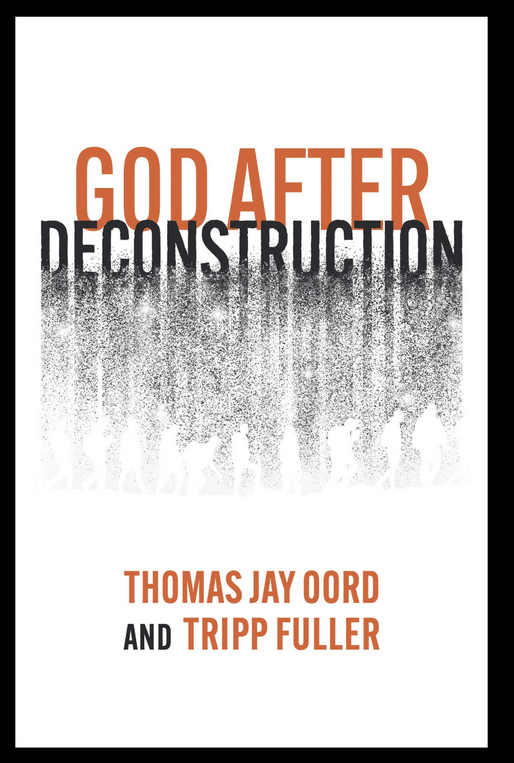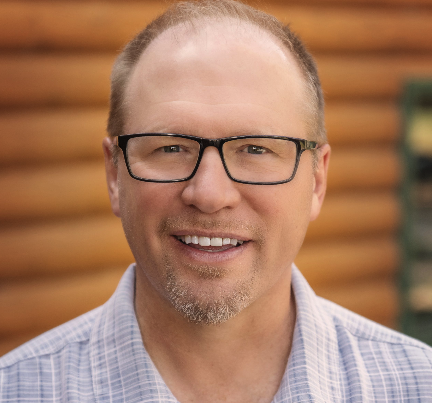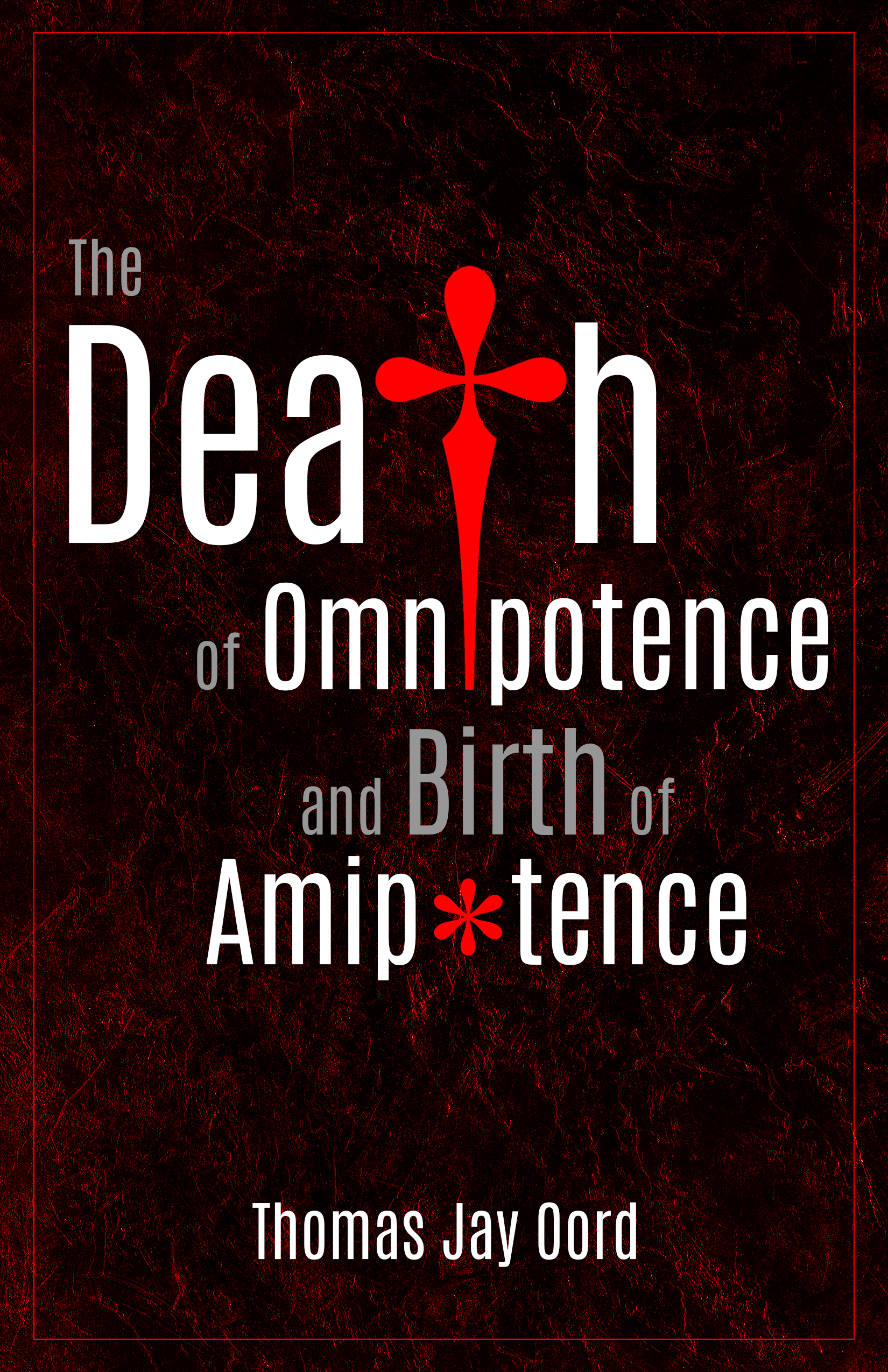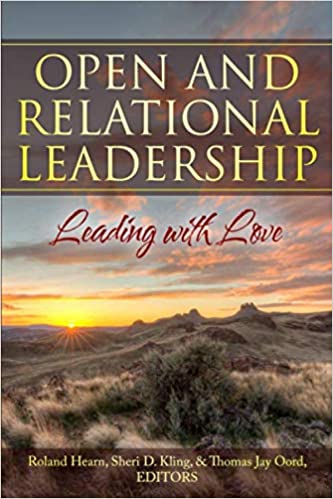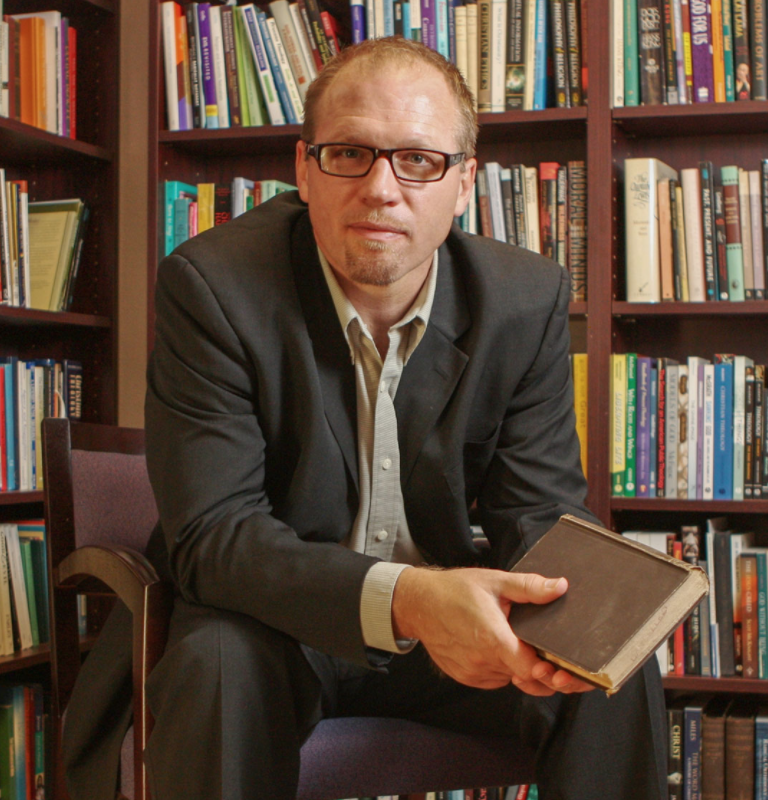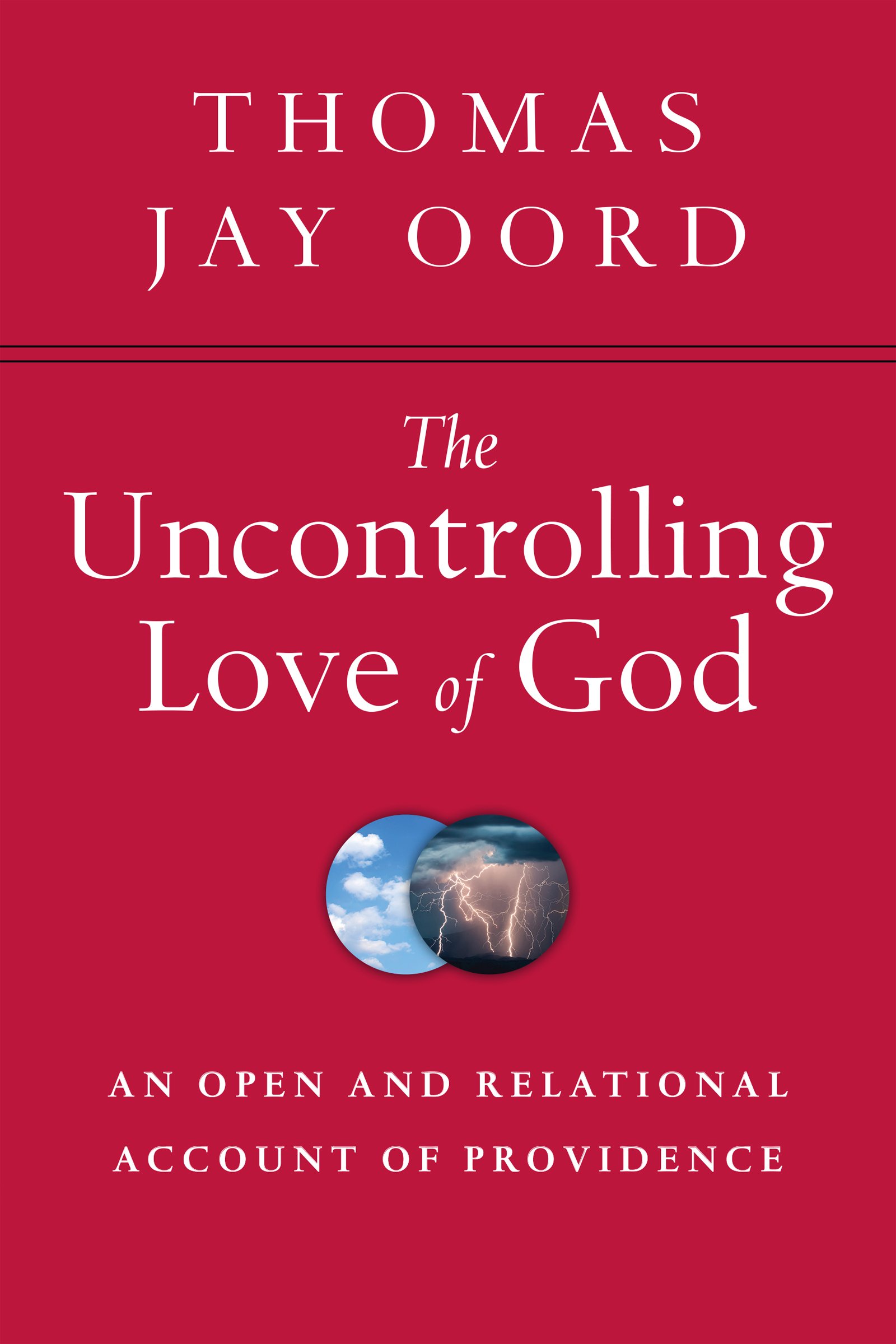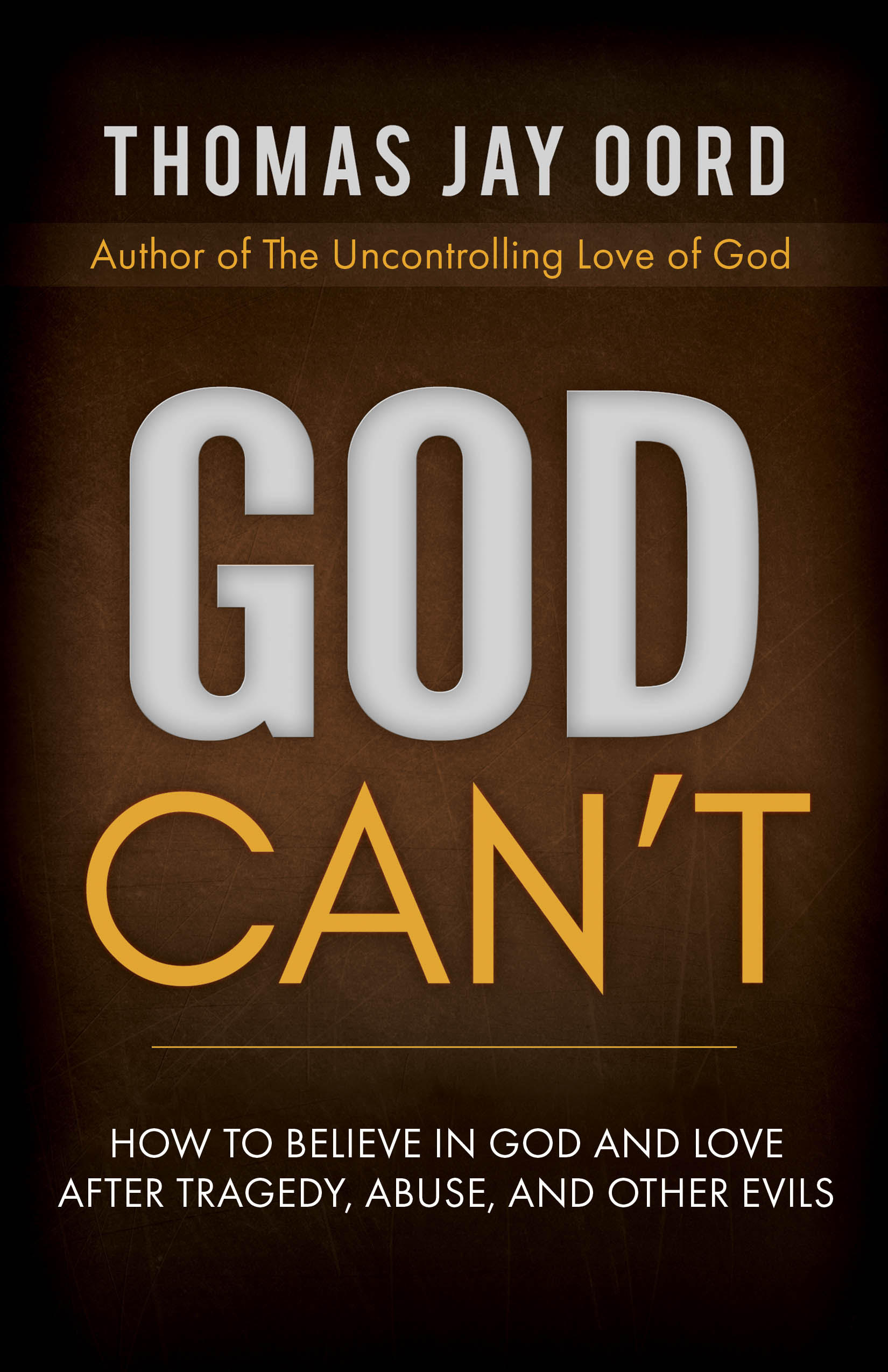Thomas Jay Oord and Tripp Fuller offer an open and relational vision of God. This vision makes sense, fits our experience, and is livable. The open and relational view aligns with our deep intuitions about love and freedom.
Theists in general and Christians in particular often worship a God they call “omnipotent.” This practice creates profound problems.
Omnipotence is dead. At least it should be. It has no biblical support. And it dies a death of a thousand qualifications in philosophy.
We've been thinking about leadership the wrong way. What if good leaders lead like God? And what if God's leading is open and relational?
I agree lament can be a place “where the presence and healing love of God can dwell.” And from this place, I think new possibilities, acts of kindness, scientific understanding, and new hope can emerge. God can squeeze some good from lament. But do we have to choose between lament and explanation?
Drawing from Scripture, science, philosophy and various theological traditions, Thomas Jay Oord offers a novel theology of providence―essential kenosis―that emphasizes God's inherently non-coercive love in relation to creation.
The news is devastating. Our planet is on a crash course with wide-scale death and degradation. The poorest of people and the most vulnerable of species are getting hit the hardest. It isn’t a pretty picture! Does God care?
How to Believe in God and Love after Tragedy, Abuse, and Other Evils
Hurting people ask heart-felt questions about God and suffering. Some “answers” they receive appeal to mystery: “God’s ways are not our ways”. Some answers say God allows evil for a greater purpose. Some say evil is God’s punishment. Not only do the usual answers fail, they don’t support the truth God loves everyone all the time. God Can’t gives a believable answer to why a good and powerful doesn’t prevent evil.

